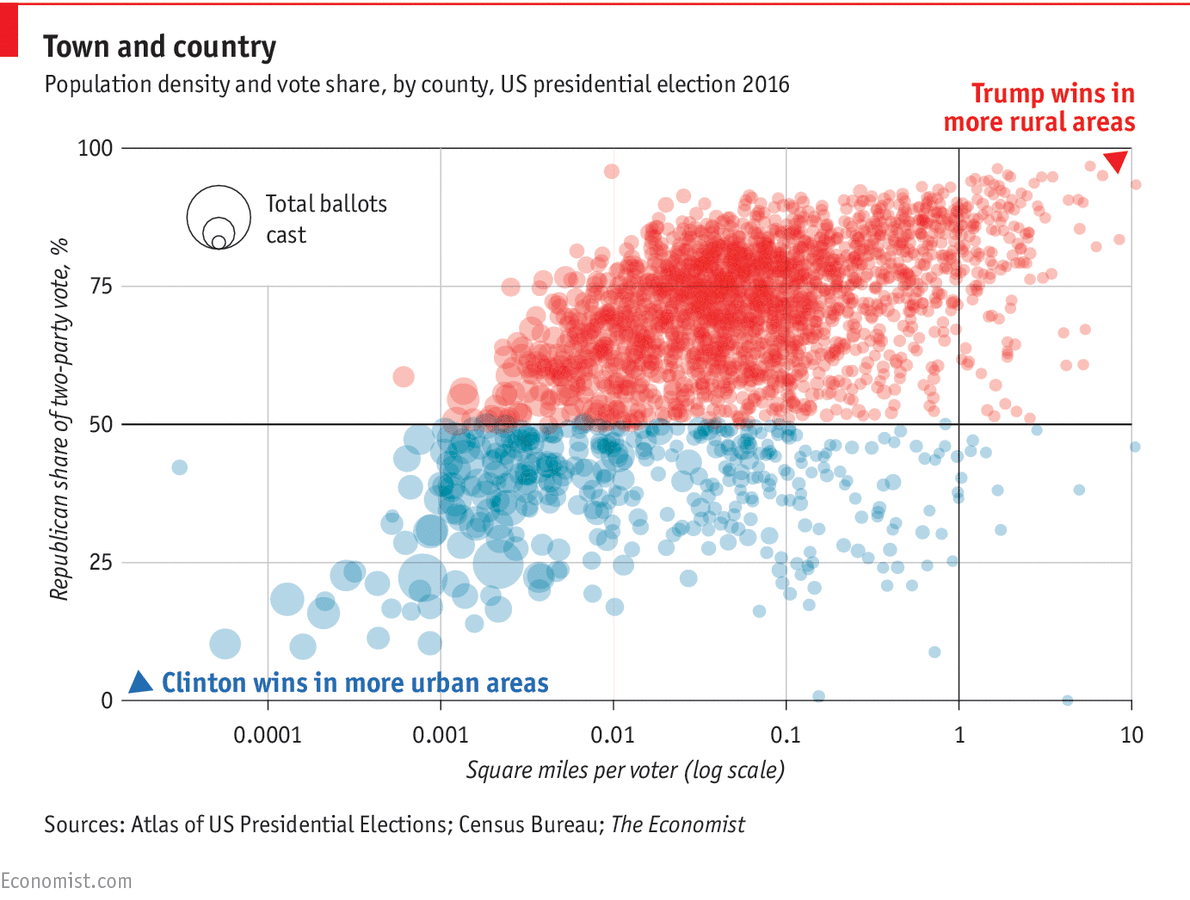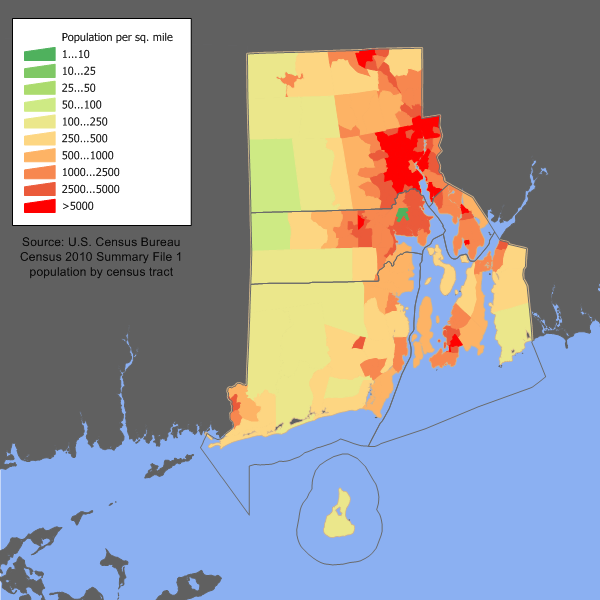Selection Bias 101. Emphasis added. How concerned are the Republicans who live in dense, urban environments where infection thrives? How concerned are the Democrats who live in rural areas? This survey won't tell us, but it provides cover for calling the other side names.How concerned are you about a coronavirus outbreak in your local area?

Just your impression, are blacks in your community treated less fairly than whites in the following situations?
The best I could do is Rhode Island, which is basically a city. https://civiqs.com/results/embed?snapshotUrl=production-model-results.civiqs.com/snapshots/2060a11d-7421-4fba-b1cf-5034385a275e https://civiqs.com/results/embed?snapshotUrl=production-model-results.civiqs.com/snapshots/aba6b473-6389-47ab-9ac8-242ea0c2afc2 Still there. Maybe compare North Dakota Dems to Rhode Island Republicans? https://civiqs.com/results/embed?snapshotUrl=production-model-results.civiqs.com/snapshots/e3b661b4-b4c4-405e-9760-765d46bd2ebb Dems are still more concerned. My guess is that this holds up, even if your sample population is from the same rural or urban area.
The city part is. About half the population lives in the small red area. (Same for North Dakota, most residents live in the ten biggest cities.) Rhode Island is only 12% Republican, so if the 14,287 polling victims were nationally representative, the chart is based on about six Republicans. If they happen to reflect the urban/rural trend in party affiliation, the "in your local area" part of the question will skew the results. I don't think online surveys are very informative. Intuition tells me that Republicans are probably less concerned about the virus in general, both because they are less likely to live in dense cities and perhaps because they are influenced by Republican leaders who express comparatively less concern for the health consequences and more for the economic consequences of halting so much activity. What is the control for this experiment? The survey should ask a lot of unrelated questions, about eye color and blood type and favorite foods. If those questions did not correlate at all with virus concern, it would make correlations in questions about salary or party or age appear more significant. But there would be some weird correlations; people born on Tuesday would be statistically more concerned than those born on Thursday. Our intuition would tell us these are random and meaningless artifacts. Since intuition is the final judge, we don't need the survey. Why include "in your local area" in the question at all? The question only makes sense to measure regional differences in opinion, but all the responses to the survey I see focus on party affiliation.basically a city
